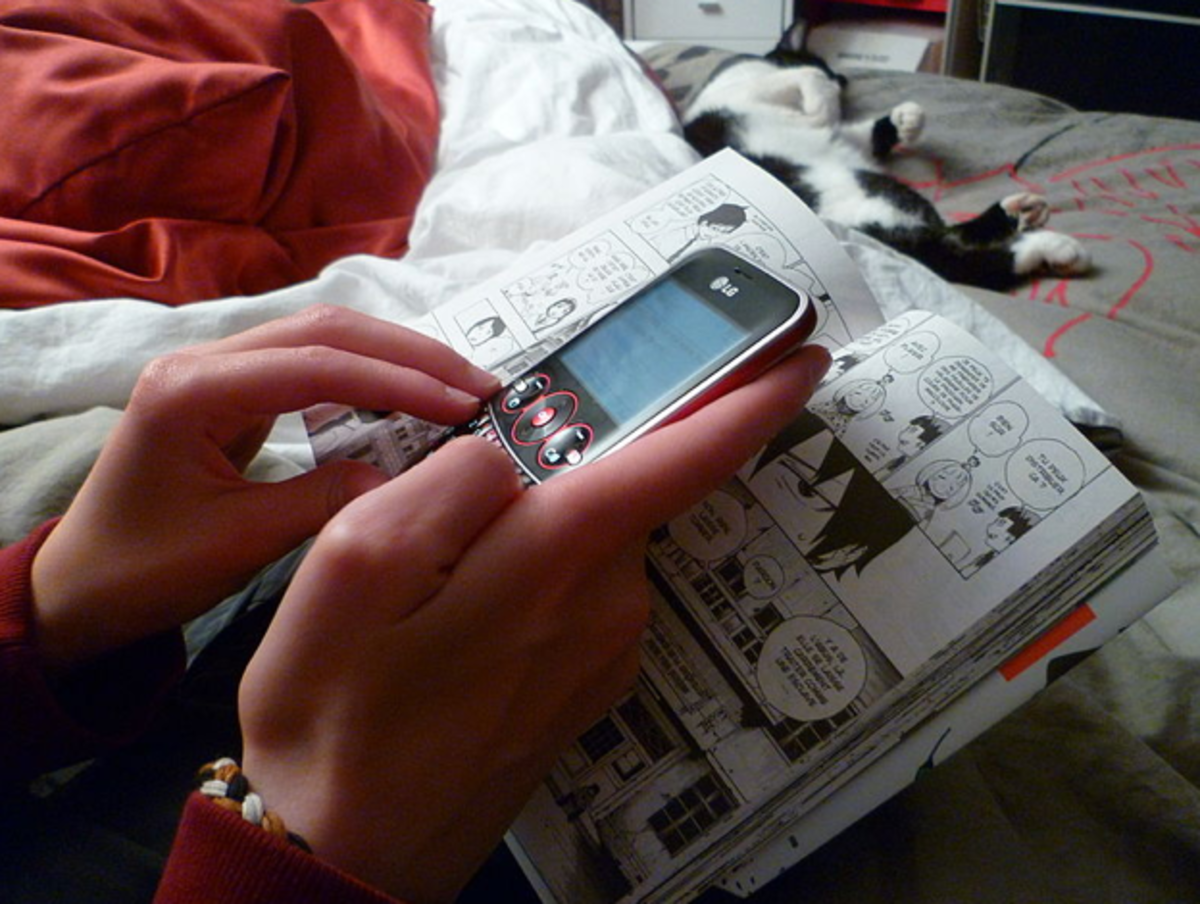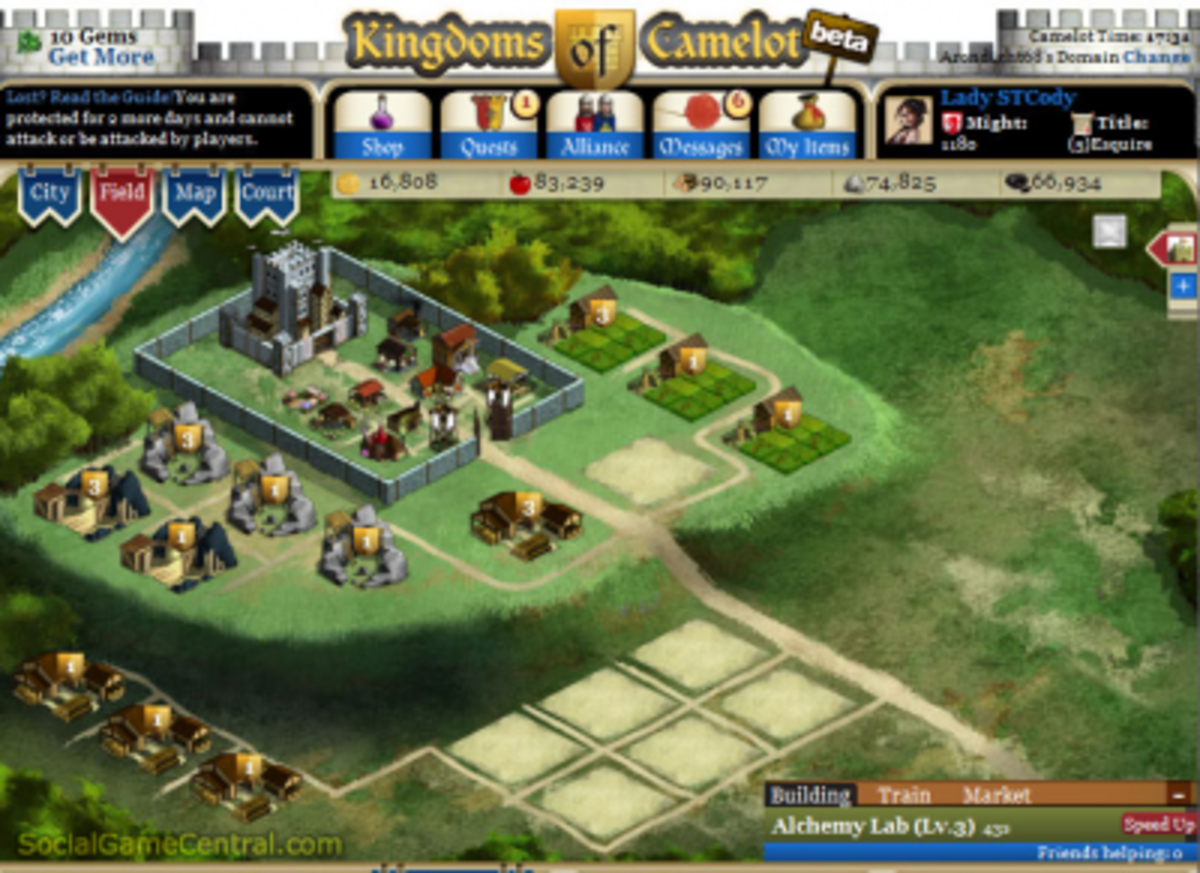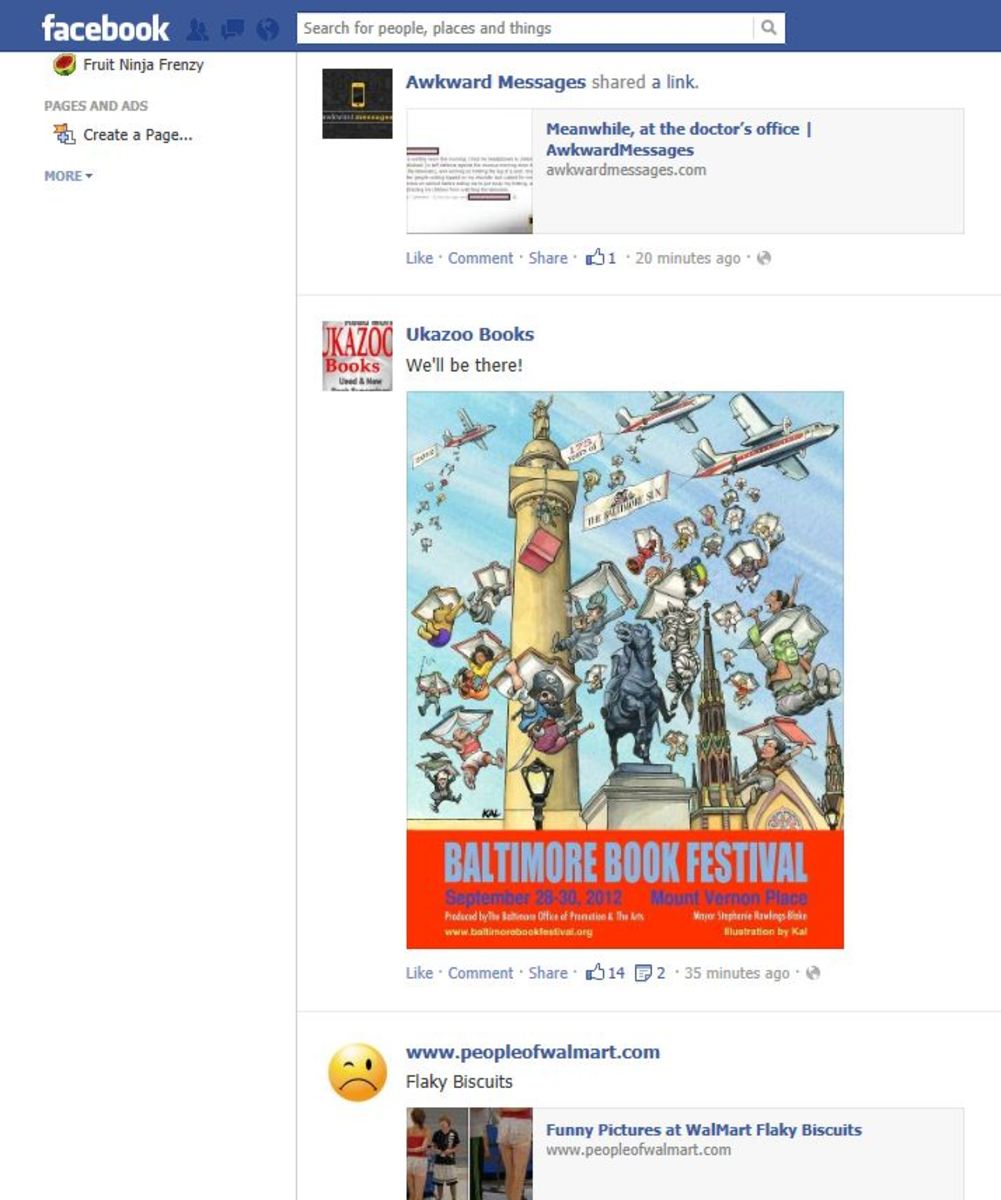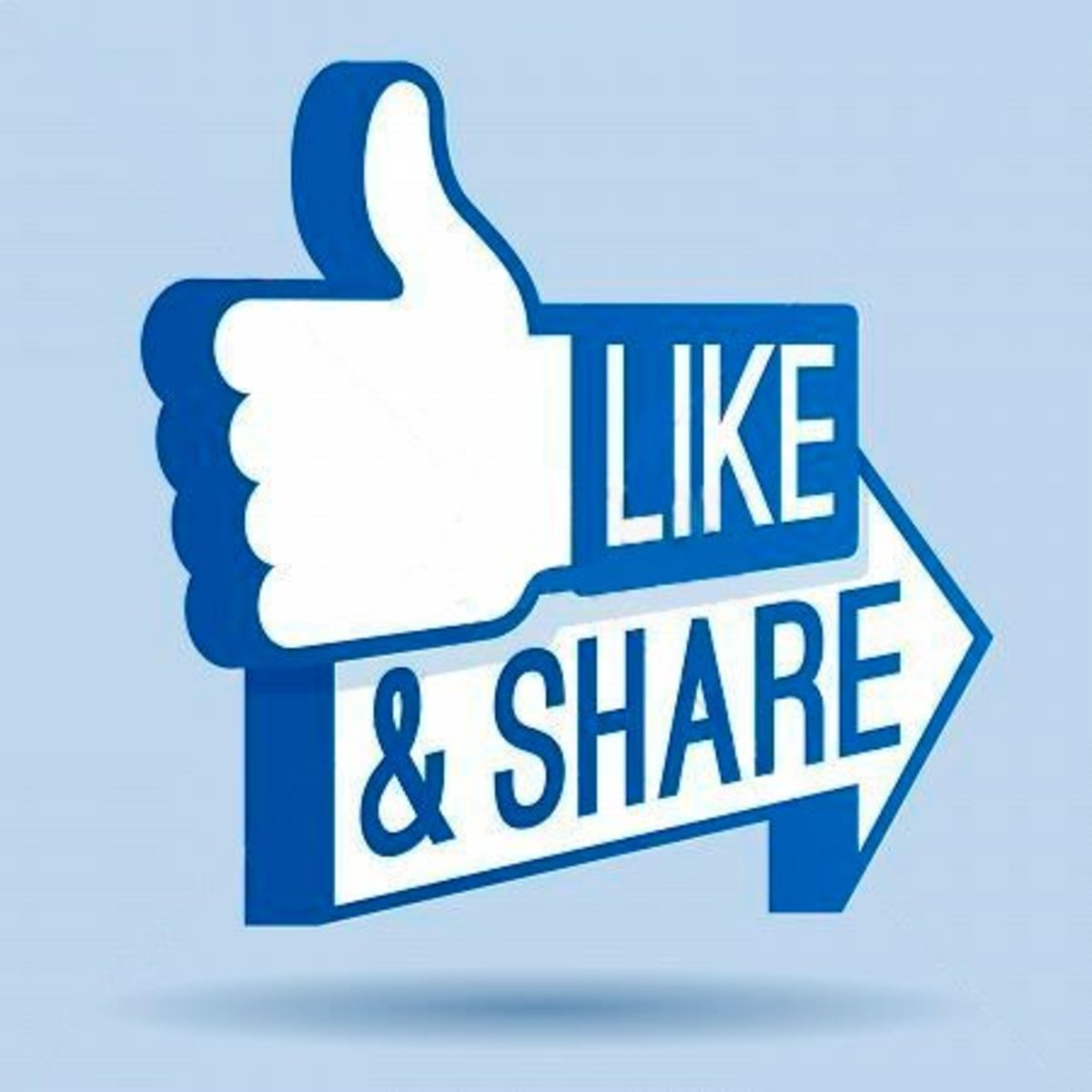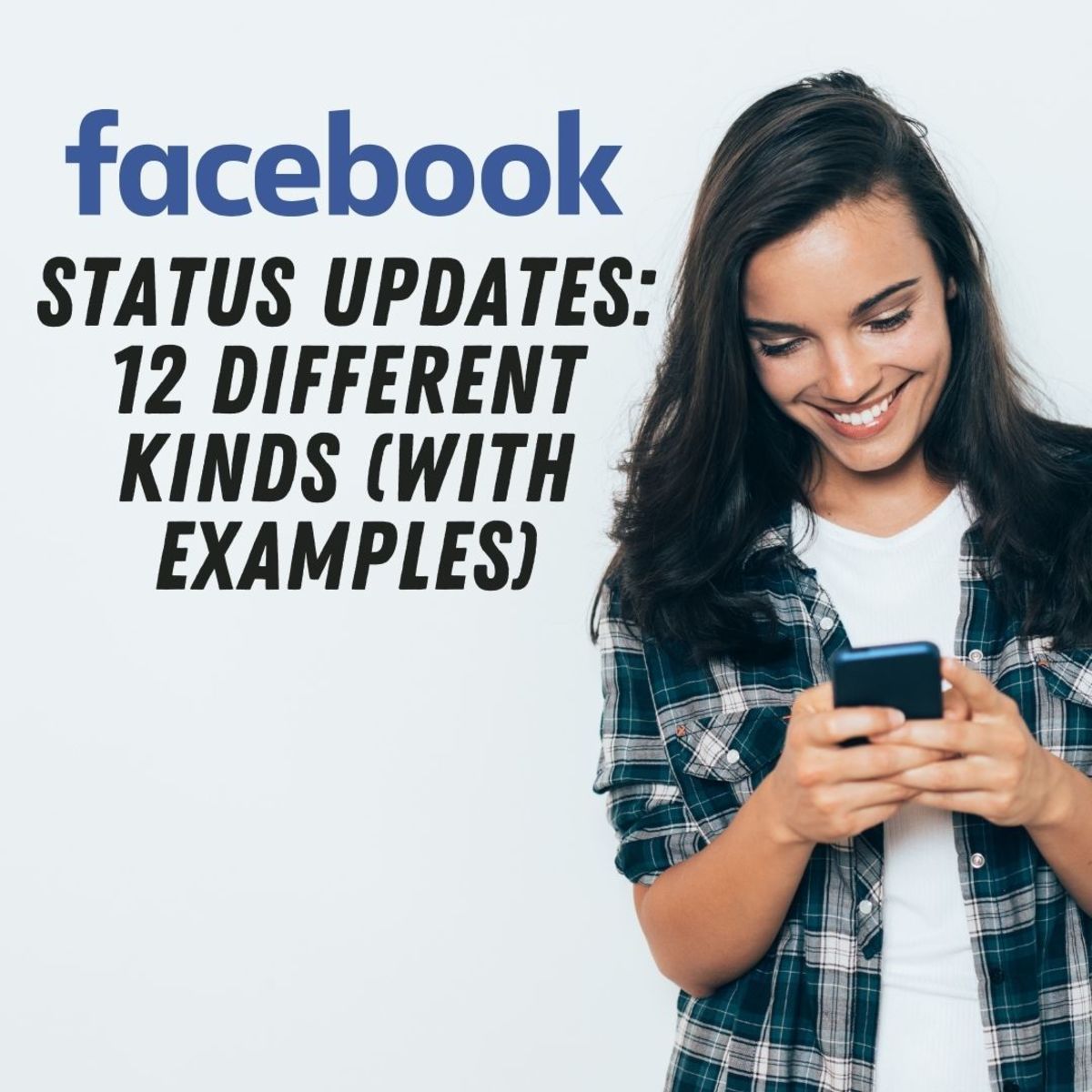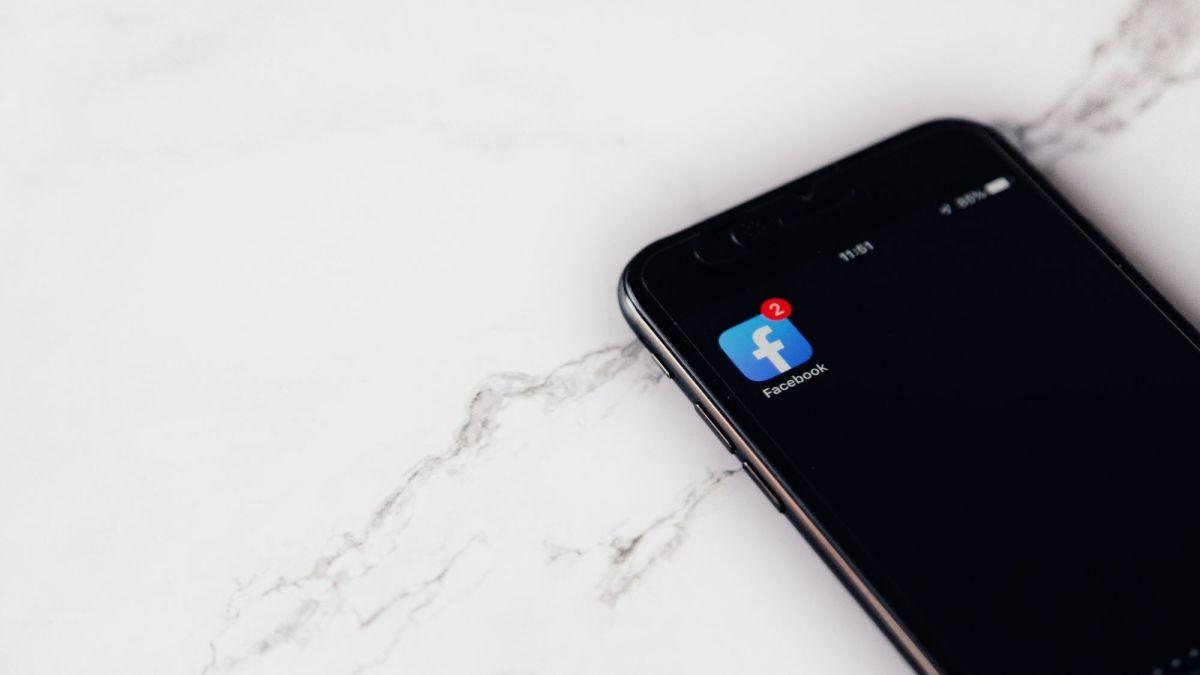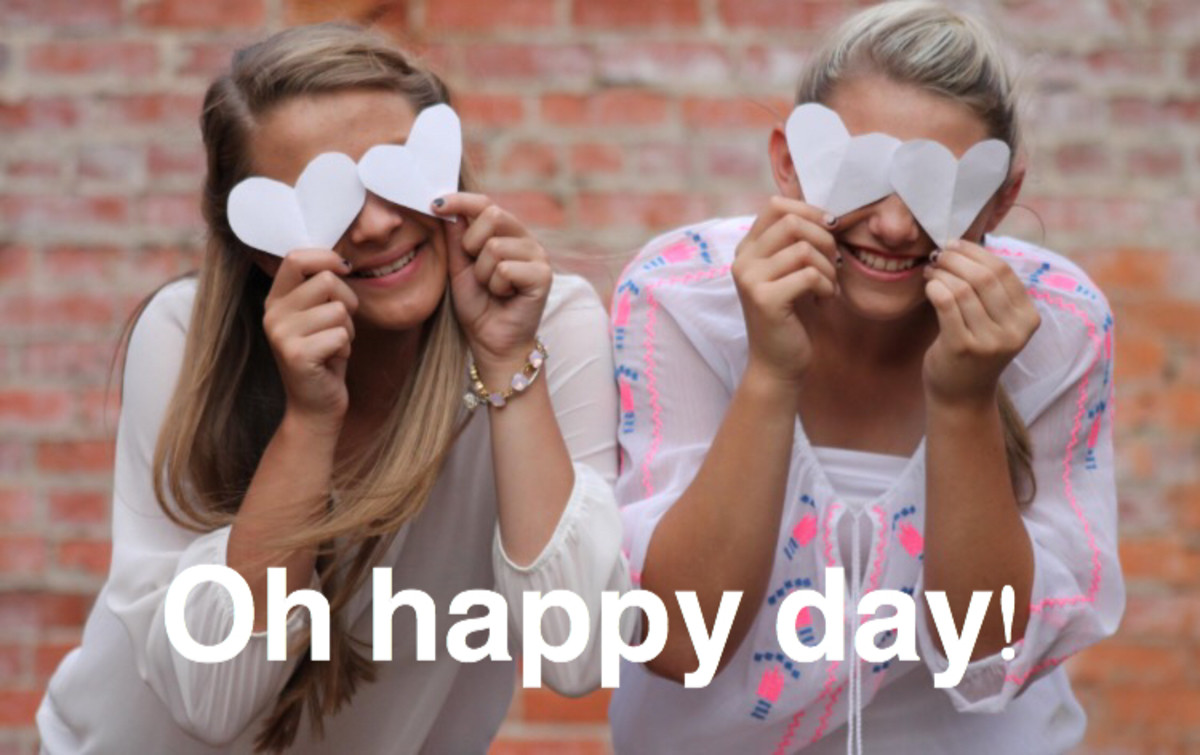- HubPages»
- Technology»
- Internet & the Web»
- Social Networking
How Intimate are Facebook Relationships? The Dunbar Numbers
Spend some time on Facebook or Twitter and read your friends’ throwaway comments—one says she’s having a rough day, another is psyched that he passed his Spanish test—and you get an intimate look at what’s on their minds. People who are especially attuned to others’ feelings may start to feel as if they’re a member of a beehive, part of a collective mind-meld.
While it’s easy to mock obsessions with Twitter and Facebook, the tools do serve their purpose, in a unique way, of letting people know more about their friends. Every individual tweet or post, even the remarkably mundane ones, adds up over time to a larger picture. Follow a friend’s Twitter long enough and you may be able to recognize the patterns and fluctuations of his life.
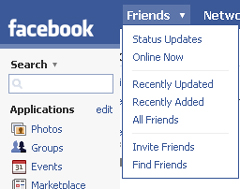
But with Facebook users’ friend counts climbing into the high hundreds (I know someone who reported having 1233 friends), I have to wonder if it is all too much. Psychologists worry that if people get constant updates from hundreds of friends and are expected to care about these friends’ problems and happiness, their emotional energy could be spread too thin. Will their close, real-life friends get shortchanged as a result?

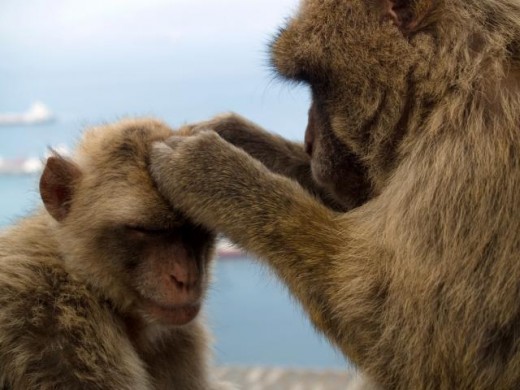
The Dunbar number
One anthropologist even tried to determine if there’s a limit to how many friends and acquaintances a person can know at a time. In 1998, Robin Dunbar studied how humans and apes create social bonds through special grooming techniques. For humans, we develop relationships by chatting, having conversations. Apes get up close and personal by picking at one anothers’ fur. Dunbar theorized that “unless we spend enough time doing social grooming—chitchatting, trading gossip or, for apes, picking lice—we won’t really feel that we ‘know’ someone well enough to call him a friend.” Apes’ social circles seemed to be limited to 55 members; for humans, it’s around 150. This hard-wired limit on the number of friends is called the “Dunbar number.”
Do online tools like Facebook and Twitter increase people’s Dunbar numbers? Sociology experts say no. While users’ social circles have grown exponentially because of social networking sites, their groups of close, intimate friends don’t increase much. What’s different is that Facebook keeps those weak ties—people we would ordinarily forget about—on our consciousnesses. Facebook pushes them from the back of our minds to the forefront every time they show up in a News Feed update. Oh, yeah, that person exists, we remember.
Weak ties may help solve problems--give us some fresh, objective advice--but may they also water down our emotional connectedness? Parasocial relationships, according to psychologists, occur when people become overly attached to a fictional character or celebrity. Think of the people who follow their soaps avidly or the crazy stalkers who are convinced Johnny Depp’s in love with them. Some experts worry that the weak ties in our online friend groups are nearly as parasocial, crowding out real-life people who are actually close to us. They are the acquaintances who come out of the peripheries of our minds and demand our time and thought on Facebook. There’s no true intimacy, but some people may confuse the interaction for that.
Source: Thompson, Clive. “Brave New World of Digital Intimacy.” The New York Times 7 Sept. 2008. Nytimes.com. Web. 11 Jan. 2010.


